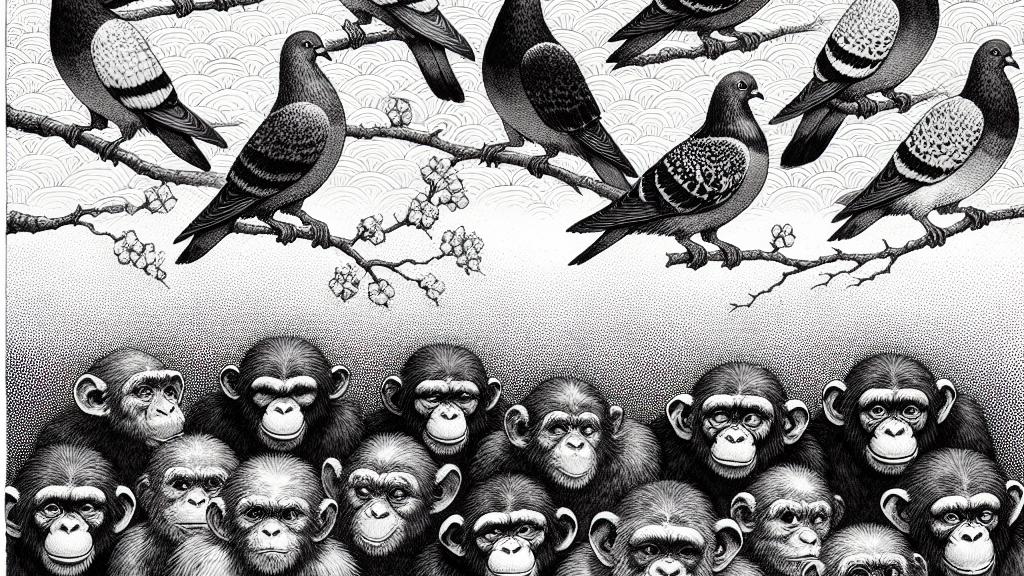Discussion on Being Underestimated in Society
Overview
- Examines the profound cultural implications of underestimation and its impact on individual identities.
- Contrasts communication strategies in Japan with various global contexts, highlighting unique challenges.
- Offers practical approaches to assert oneself and maintain social confidence across diverse settings.

Understanding the Weight of Being Underestimated
In Japan, the concept of 'namerareru', or being underestimated, carries immense significance and can shape social experiences profoundly. This phenomenon resonates beyond mere offense—imagine a flock of pigeons where the weaker birds are constantly overlooked, leading to their decline. Consider how chimpanzees interact within their groups; those perceived as less formidable struggle for resources and acceptance. This comparison illustrates a vital point: underestimation can have detrimental emotional and social consequences. Instead of merely acquiescing, individuals must embrace assertiveness and actively engage to ensure their voices and ideas are acknowledged. Navigating these complexities is essential in a world where personal identity and social perception are in constant flux.
Cultural Nuances: A Tale of Two Communication Styles
Exploring various communication styles reveals the stark contrasts between Japanese cultural norms and those prevalent in Western societies. For instance, consider an American business presentation characterized by bold assertions and clear outcomes. This confident communication style is often celebrated as a hallmark of leadership. Conversely, in Japan, such directness may be perceived as inconsiderate or overly aggressive, causing potential friction in interactions. Therefore, adapting one's communication approach is vital. A Japanese professional, for example, might find success by blending their inherent politeness with the assertiveness valued in global discussions. Using softening language alongside clear, confident opinions can create bridges between cultures. Additionally, being cognizant of local customs—such as bowing respectfully when greeting someone—can foster goodwill and connection, enhancing both personal and professional relationships.
Strategies for Enhancing Visibility and Confidence
To effectively combat underestimation, there are several actionable strategies individuals can embrace to enhance their presence and assertiveness. First and foremost, developing a strong physical presence is crucial. Engaging in activities like public speaking or improv classes can sharpen one’s confidence and expressiveness. Picture standing in a meeting, comfortably asserting your viewpoint while maintaining eye contact—this not only validates your opinion but commands respect. In addition, amassing relevant knowledge tailored to your role or the cultural context can enhance your status. Familiarizing yourself with industry jargon or local cultural practices can make a significant difference. For example, mastering a few polite phrases in Japanese can elevate your standing in conversations, creating an immediate bond. Furthermore, dressing appropriately signals your understanding of social situations. Whether it’s wearing formal attire for an important meeting or smart-casual for a networking event, sartorial choices can influence perceptions. Ultimately, by employing these strategies—asserting oneself confidently, acquiring cultural knowledge, and dressing for success—individuals can not only shield themselves from the risk of being underestimated but can also cultivate stronger interpersonal connections and a more resilient identity.

Loading...